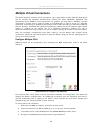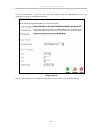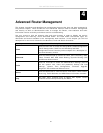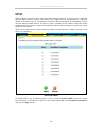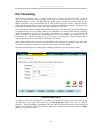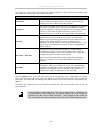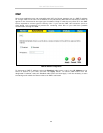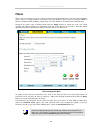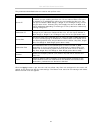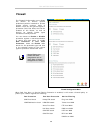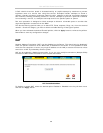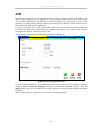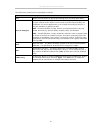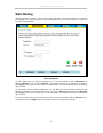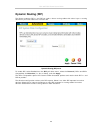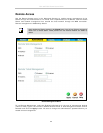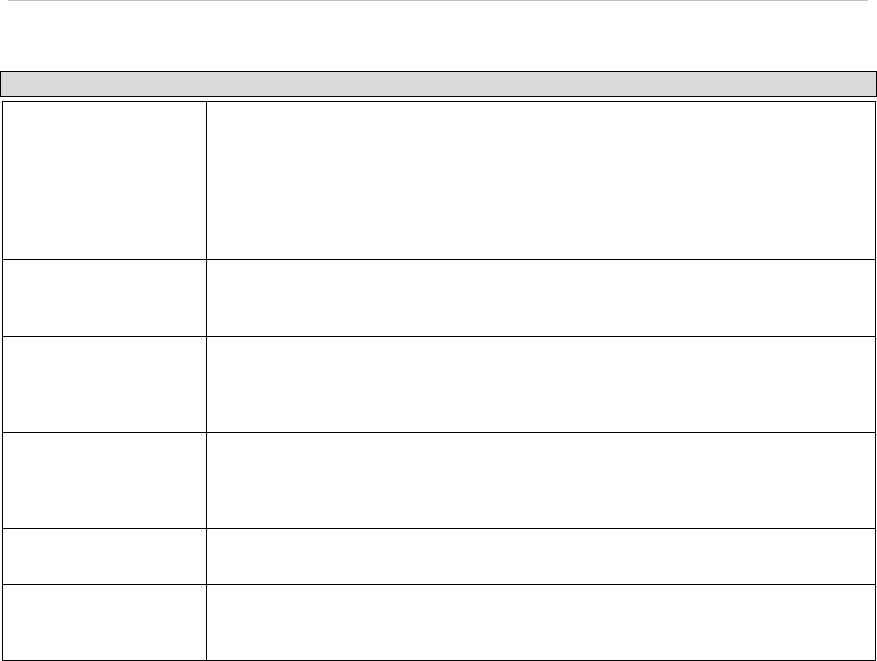
DSL-504T DSL Router User’s Guide
37
The parameters described below are used to set up filter rules.
Parameter Description
Source IP
For an Outbound Filter, this is the IP address or IP addresses on your LAN
for which you are creating the filter rule. For an Inbound Filter, this is the
IP address or IP addresses for which you are creating the filter rule. You
can opt to indicate a Mask Range, a Single IP, an IP Range or Any IP from
the pull-down menu. Choosing Any IP will apply the rule to all WAN or all
LAN IP addresses depending on which type of rule (Inbound or Outbound)
is being configured.
Destination IP
Where the Destination IP address resides also depends on if you are
configuring an Inbound or Outbound filter rule. You can opt to indicate a
Mask Range, a Single IP, an IP Range or Any IP from the pull-down menu.
Source Port
The Source Port is the TCP/UDP port on either the LAN or WAN depending
on if you are configuring an Outbound or Inbound Filter rule. Select one of
the following options from the pull-down menu to define a Any Port, Single
Port, Port Range or Safe Range (ports above 1024).
Destination Port
The Destination Port is the TCP/UDP port on either the LAN or WAN
depending on if you are configuring an Outbound or Inbound Filter rule.
Select one of the following options from the pull-down menu to define a
Any Port, Single Port, Port Range or Safe Range (ports above 1024).
Protocol
Select the transport protocol (TCP, UDP or All) that will be used for the
filter rule.
Action
Select to Allow or Deny transport of the data packets according to the
criteria defined in the rule. Packets that are allowed are routed to their
destination; packets that are denied are blocked.
Click the Apply button to put the new rule into effect. Any filter rule configured in the menu will
appear in the Filters List with the new settings. The Router must save the new settings and reboot
before the new rules are applied.



